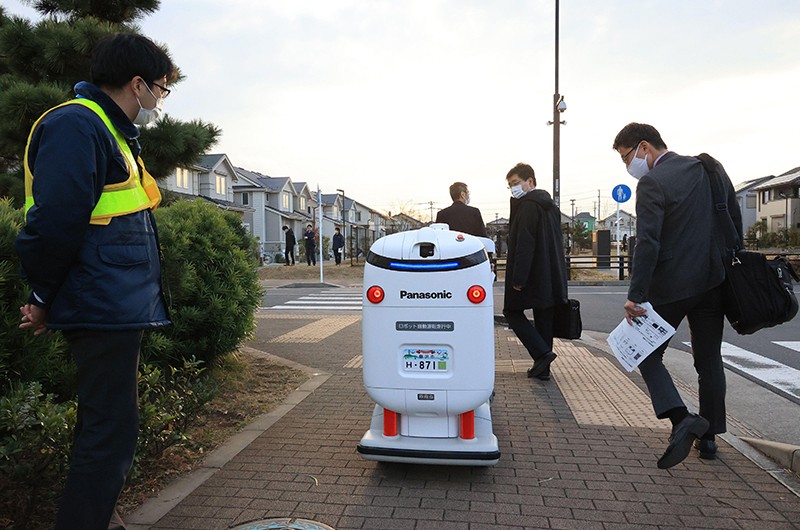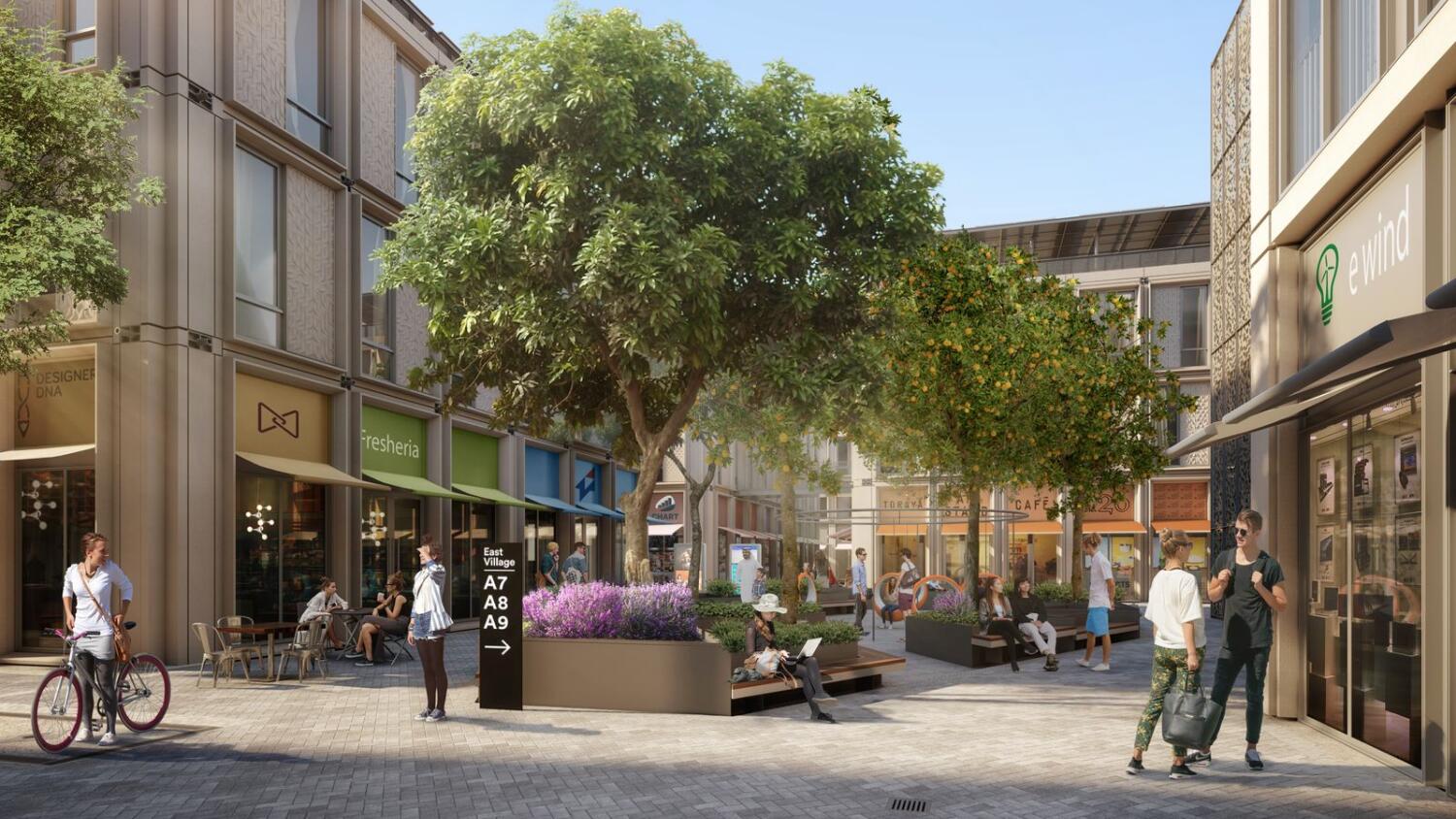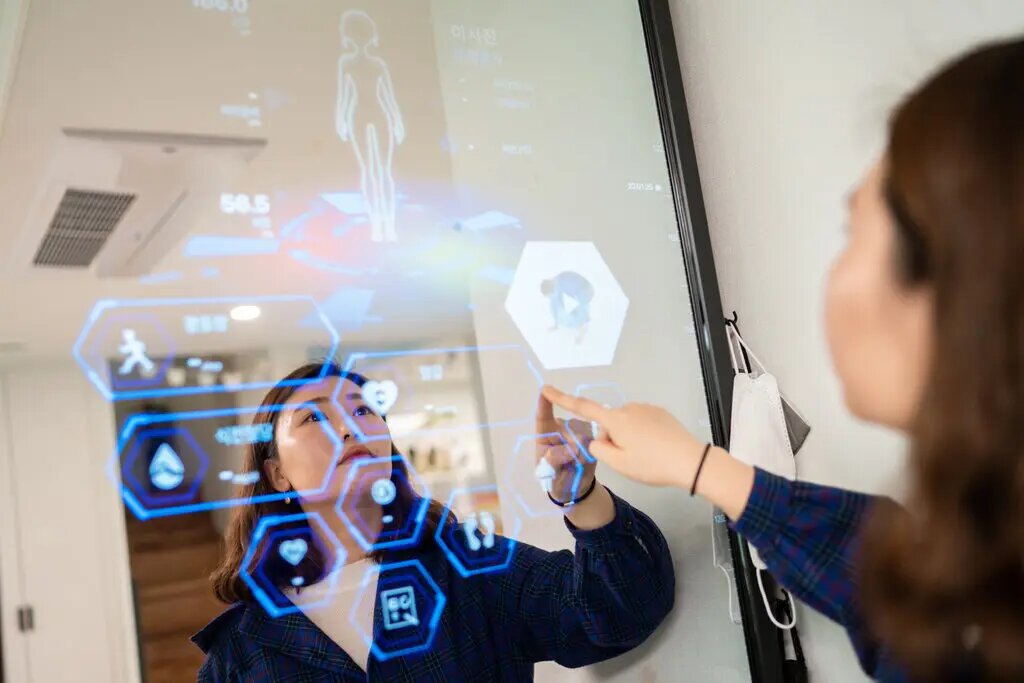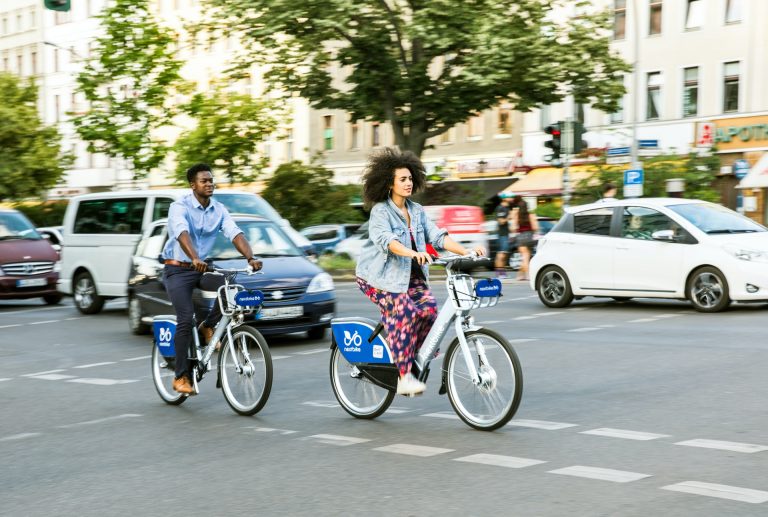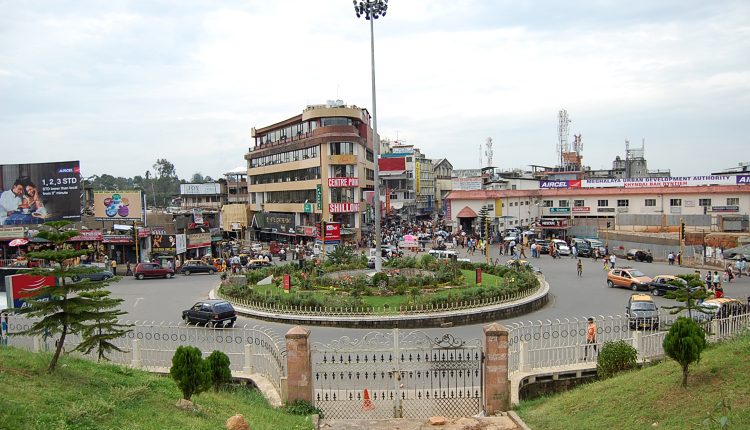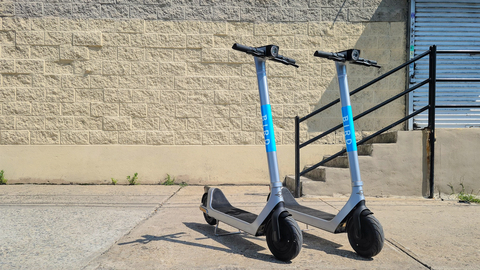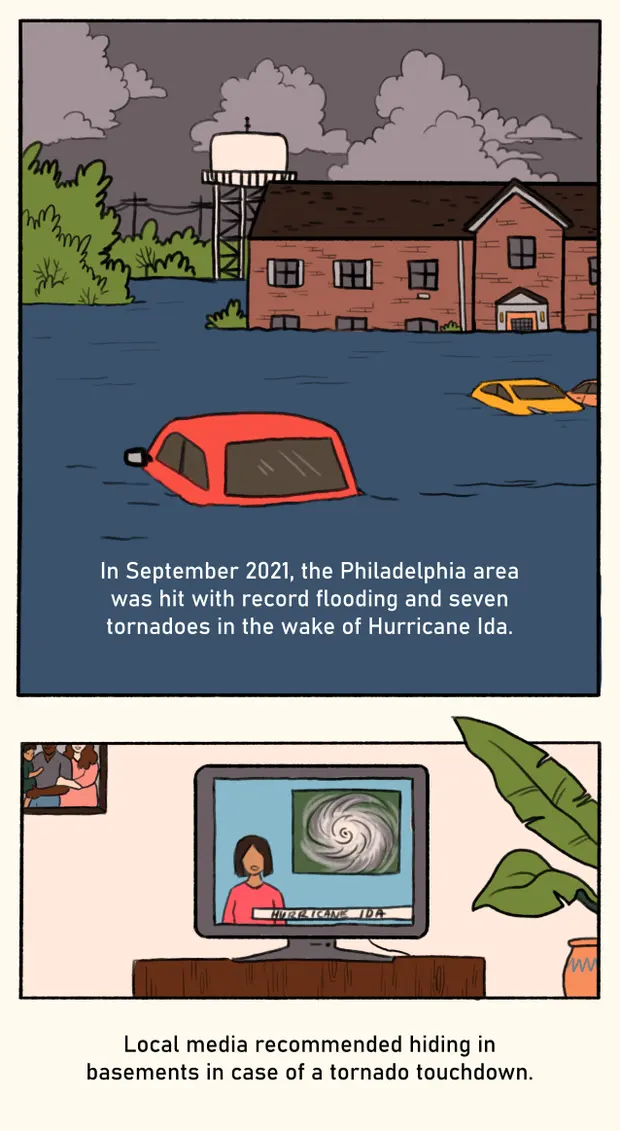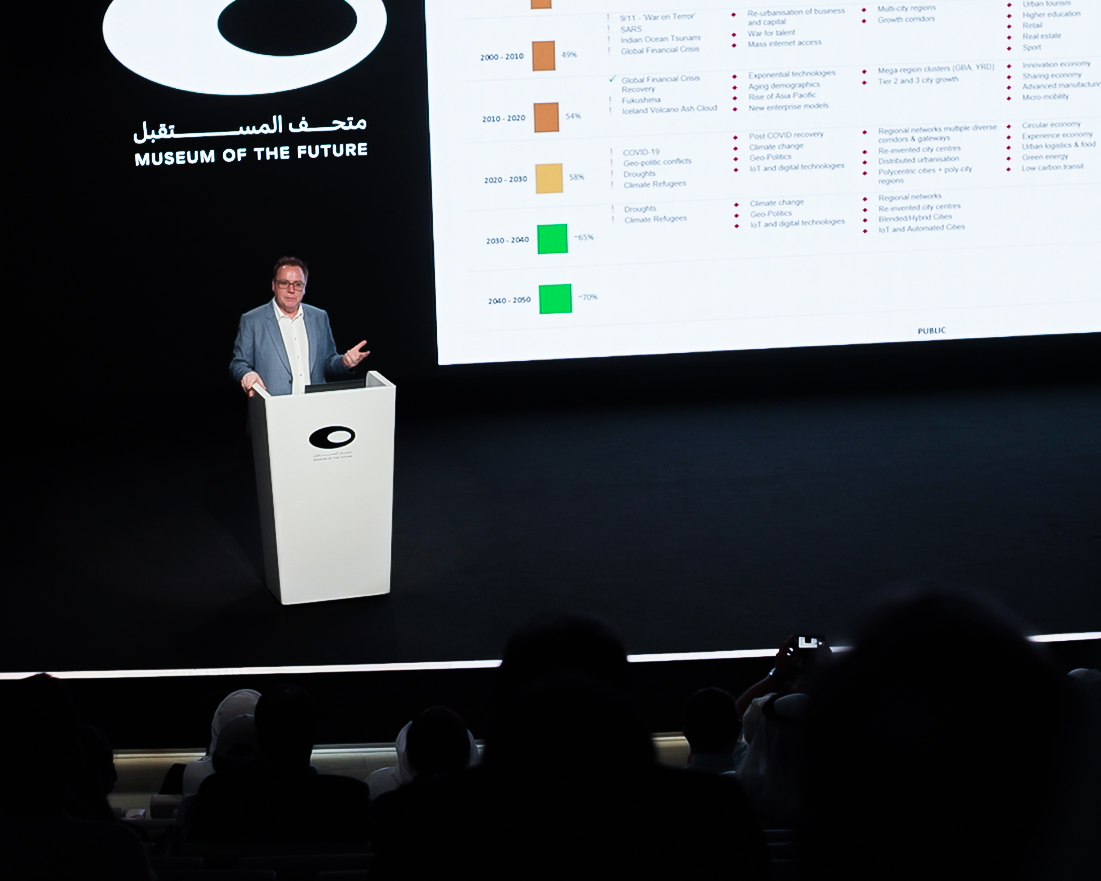
Smart mobility is one of the main use cases that smart cities have been exploring in recent years, as they seek to use technology to help residents get around quickly, efficiently and safely.
This has led tech companies to bring new solutions and products to cities — everything from autonomous vehicles to curbside management solutions and intelligent sensors that help manage traffic flows.
However, city leaders involved in smart mobility projects say the best path forward for partnerships between technology firms and cities is for the companies to focus on how their solutions can improve citizens’ lives and meet residents’ needs.
That was a key takeaway from a Wednesday panel at the Smart Cities Connect Fall Conference and Expo in the suburbs of Washington, D.C. Christian Doolan, director of strategic innovation for Tallahassee, Fla., reflecting on the adage that “a fool with a tool is still a fool,” said that “everything comes down to outcomes,” and that if technology solutions are not outcome-driven, the city’s leaders are not interested. Solutions need to be tailored to three different audiences, Doolan said: the elected mayor and city commissioners, citizens, and the internal government organization.
+INFO: StateTech





